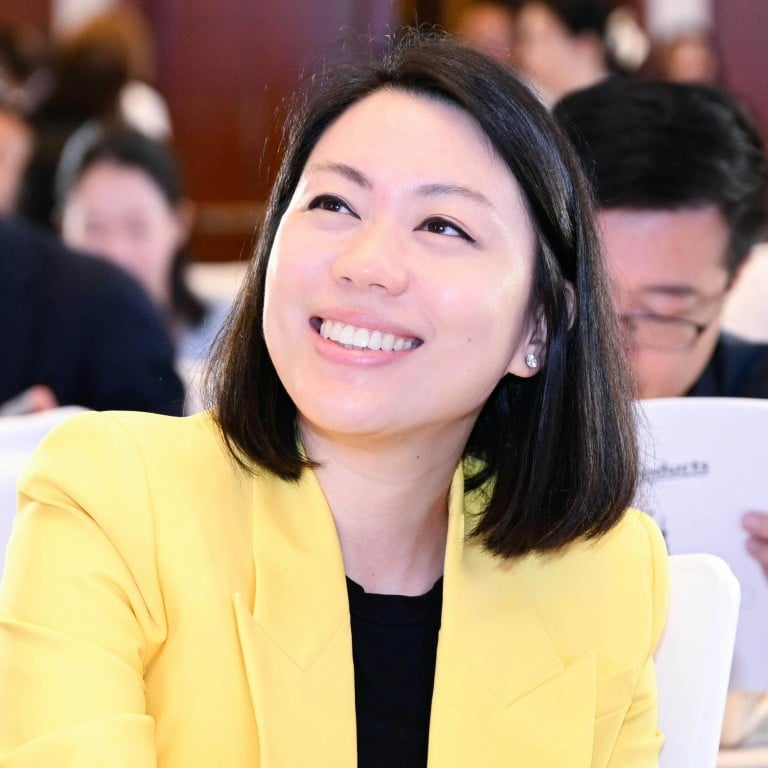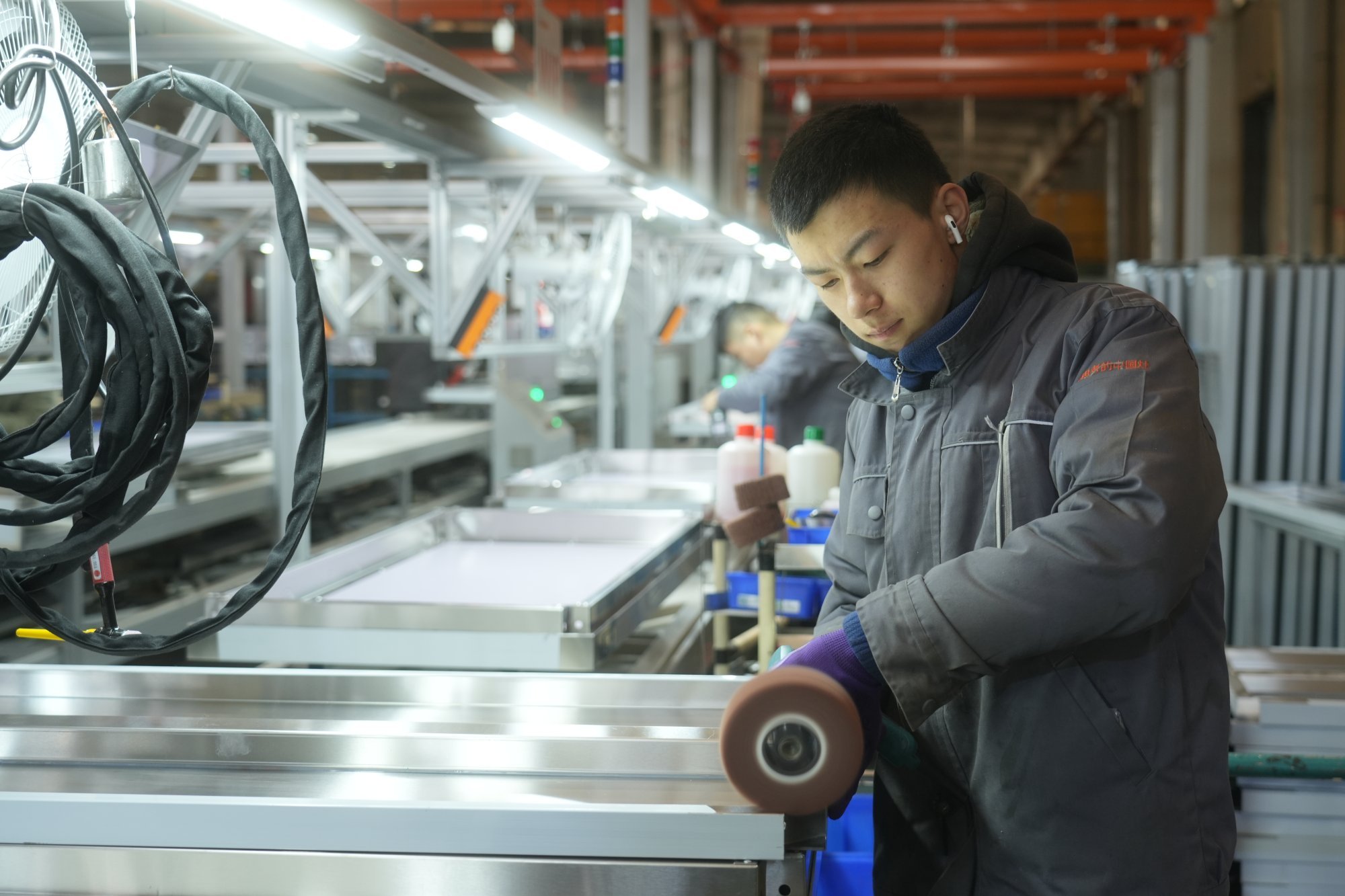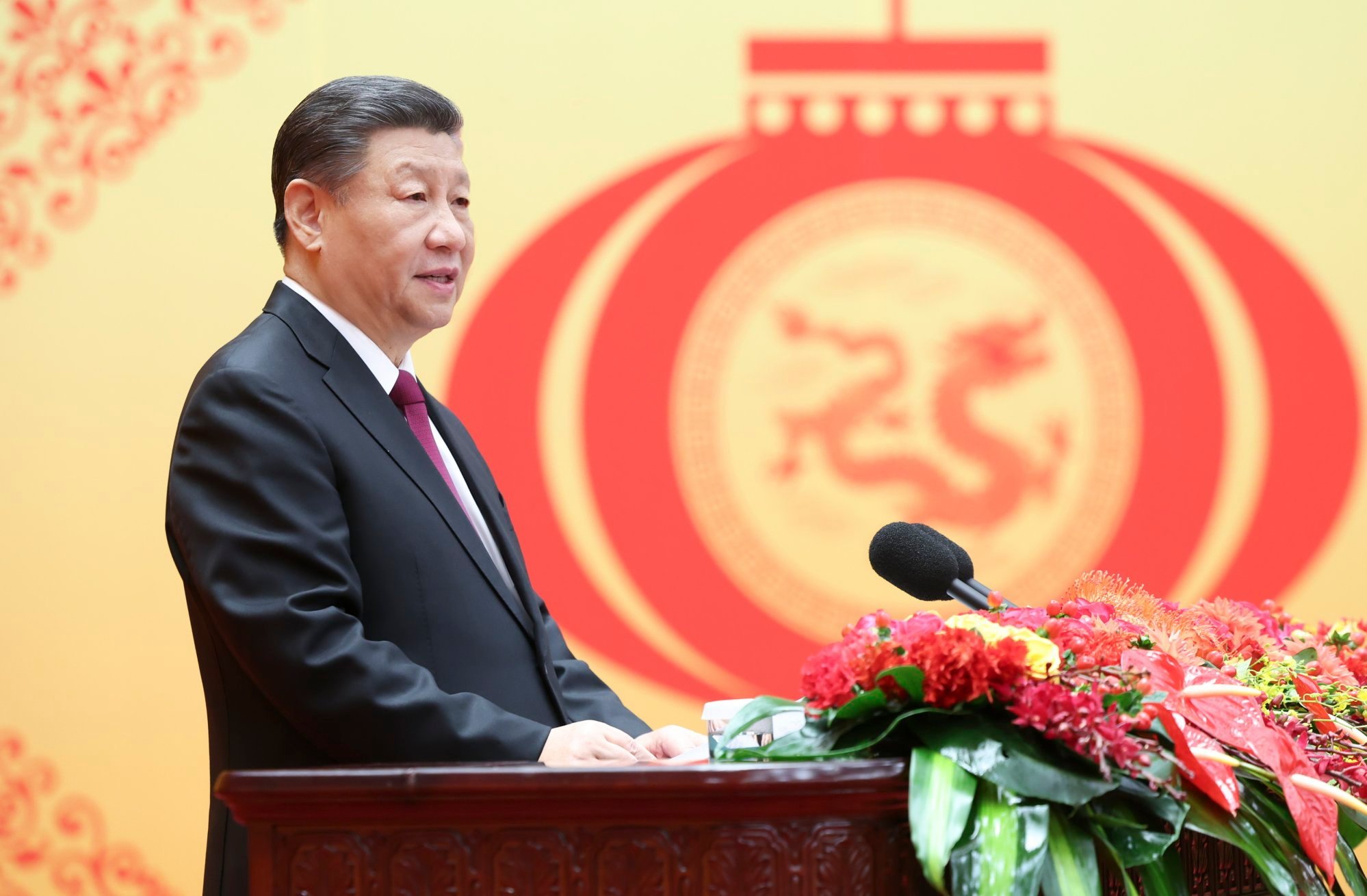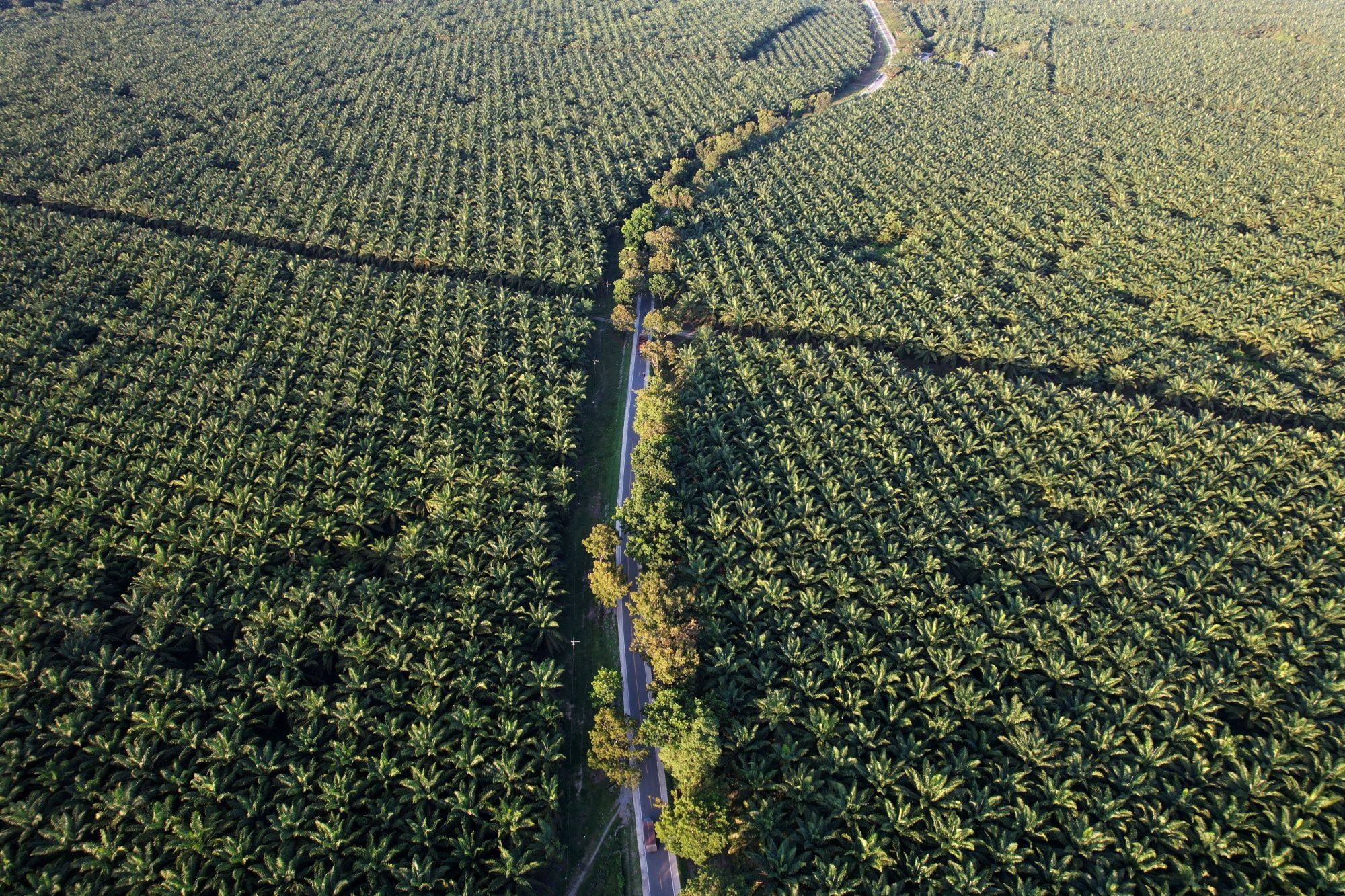
Indonesia’s Belinda Tanoto on net zero goods, philanthropy and Royal Golden Eagle’s China challenges and opportunities
- The youngest daughter of Indonesian tycoon Sukanto Tanoto talks about the family’s pulp-and-paper business and the rise of climate-friendly industries
- Read on for her thoughts on the importance of renewables, demand for net zero products – and why China remains crucial to the global economy
By the same token, she says moving away from China’s trickier business environment – especially for companies that want to steer clear of sanctions Washington has imposed – will not always be practical since the country remains a critical part of global supply chains. You truly have to be partners with China, she says.

“Despite any economic uncertainty, China remains crucial to the world economy thanks to its strong manufacturing, focus on exports, and expanding consumer market,” she told This Week in Asia.
She says the group, which also spans palm oil concerns and energy businesses such as natural gas, is doubling its business interests in China.
Why Chinese-Indonesians don’t have to hide any longer
The 37-year-old Tanoto cut her teeth in palm oil upon joining the family business in 2008 before moving onto China.
Alongside her siblings, the other scions of the Tanoto clan, she has bet big on renewables, a move that came in handy in regards to China.
Renewable energy and similar climate-friendly industries are “winning” in China, she says, given that more than 90 per cent of Chinese shoppers are now interested in sustainable products.
“We have seen a huge demand for paper carriers, and we’re actually setting up new facilities to meet that demand. We’ve launched net zero paper, net zero textile products, and there’s more to come,” she said.

“Ever since President Xi [Jinping] launched China’s net zero targets, you see a lot of changes in how China approaches manufacturing.”
What surprised Tanoto most was the amount of innovation in green products and the speed at which China went from a nascent renewables industry to becoming a global leader. Innovation has driven down the costs of production, attracting consumers to such goods, she says.
RGE’s viscose-fibre company Sateri recently expanded its Chinese production of Lyocell, a non-toxic biodegradable semi-synthetic fibre, with plans to produce as much as 500,000 tonnes of it a year by 2025.
But being good to the environment has not always been straightforward. Over the years RGE businesses have been accused of contributing to deforestation, though the group has refuted these claims and reaffirmed its commitment to sustainability.

Tanoto, who is also heavily involved in the family’s philanthropic Tanoto Foundation, says it is not just the environment that is a key concern, but also helping Indonesian families find work and lifting them out of poverty.
“For example, at our pulp factory in Indonesia, when we first went there, in 1994, there were 200 families. And, now it’s a thriving town of 200,000 people,” she said.
Tanoto’s greatest wish is to leave the family business in a better shape than she inherited it, describing working in the company since her early twenties as a challenge but also a privilege for which she is grateful.
“I’m [also] very fortunate because my parents are very open to feedback … which is very rare for Asian families with strong patriarchs and matriarchs,” she said.
Crazy rich Asians: the next generation – and the struggle with succession
To guide her and her siblings, the family holds formal meetings and its members will often spend time together – sometimes all day – discussing priorities, Tanoto says.
“We’ve been doing family meetings since I was in college … because most often, family businesses disintegrate not because of the business but because of family conflicts,” she said.

